Abyssinian Oil For Hair: Benefits And How To Use It
Easy hacks to help your locks soak all the goodness of this nourishing oil and stay healthy.
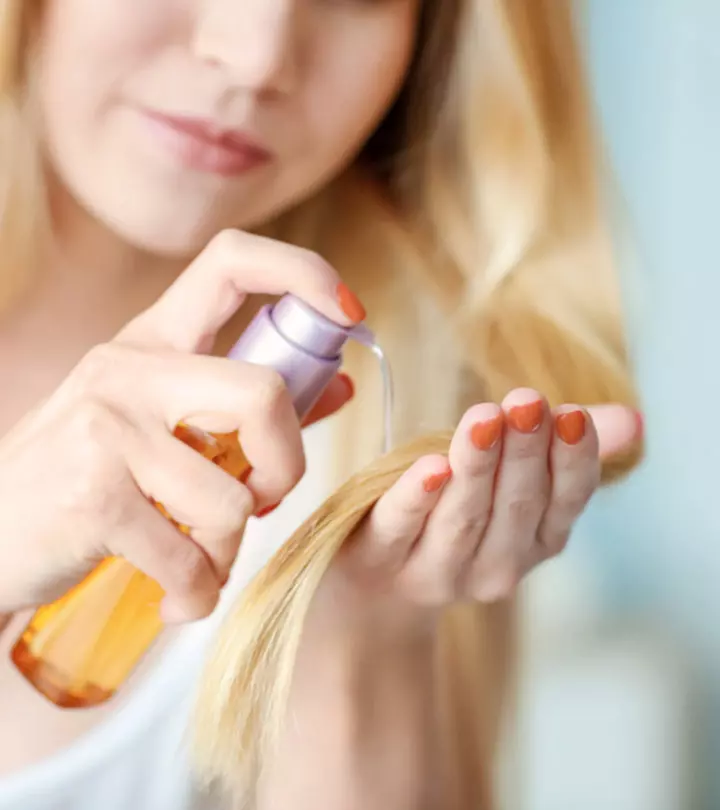
Image: Shutterstock
Using Abyssinian oil for hair care may sound quite innovative, but people in the Mediterranean region have long used it to nourish their tresses. This unique oil is extracted from the Abyssinian mustard (Crambe abyssinica) plant and is similar to rapeseed and mustard oils. It is lightweight, non-greasy oil, and rich in erucic acid (1).
Abyssinian oil is said to be deeply moisturizing, but there is not enough scientific evidence to back its benefits. However, it is claimed to be quite similar to human sebum and smoothen the hair, which makes it a great alternative for silicone-based hair products. Keep reading this article to learn about Abyssinian oil benefits for hair and how to add it to your hair care regimen.

 Know Your Ingredient: Abyssinian Oil
Know Your Ingredient: Abyssinian OilWhat Is It?
A vegetable oil derived from the seeds of the Crambe abyssinica plant which is native to Ethiopian highlands.
What Are Its Benefits?
Boosts scalp health, conditions and nourishes hair, and protects hair from heat damage.
Who Can Use It?
It can be used by anyone to reduce hair dryness.
How Often?
Regularly.
Caution
It is for external use only and may cause allergic reactions in some individuals.
In This Article
What Is Abyssinian Oil And Where Does It Come From?
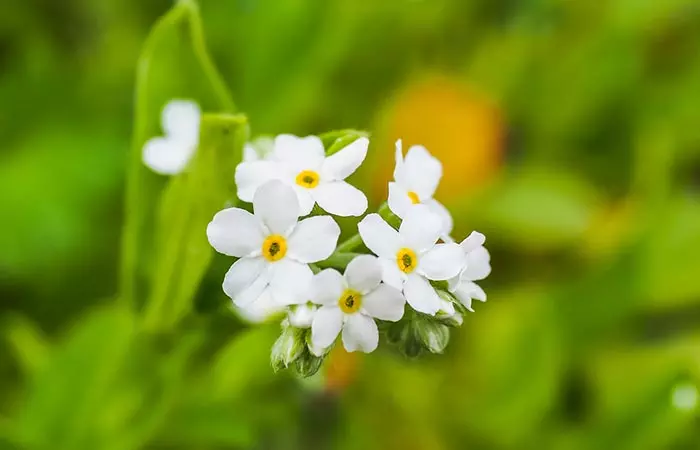
Abyssinian oil is a vegetable oil derived from the Crambe abyssinica crop and contains a high concentration of erucic acid and natural antioxidants. This crop is native to Eastern Africa and inedible. Abyssinian oil is mainly used for industrial purposes and in cosmetic formulations.
This biodegradable and environment-friendly vegetable oil is fragrance-free and is light yellow. It has a non-greasy texture and is lightweight and highly stable as it can withstand high temperatures. It contains tocopherol (vitamin E) (2). This oil is said to moisturize the hair, prevent breakage, and keep it silky, smooth, and shiny. Scroll down to learn about the hair care benefits of Abyssinian oil.
Key Takeaways
- Abyssinian oil, derived from a crop in East Africa, is inedible and can only be used topically.
- This oil conditions the hair, improves hair manageability, promotes scalp health, and provides heat protection.
- It can be used as a pre-shampoo treatment, overnight treatment, and heat protectant.
- You can mix Abyssinian oil with argan oil to protect your hair from breakage.
How Does Abyssinian Oil Benefit Your Hair?
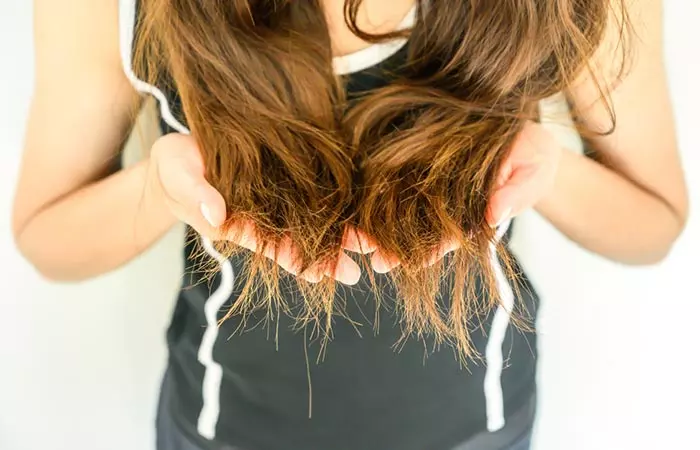
- Conditions The Hair
Abyssinian oil keeps your hair strands hydrated, repairs split ends, promotes hair shine, prevents frizz, and improves hair strength.
This natural oil helps retain moisture in your cuticles and keeps your hair smooth.
- Improves Hair Manageability
Abyssinian oil strengthens the hair fibers and makes the hair manageable. Regular use of this oil keeps the hair healthy.
- Boosts Scalp Health
The unsaturated fatty acid (erucic acid) in Abyssinian oil keeps the scalp healthy and soothes scalp discomfort.
This lightweight oil does not build up on the scalp, thus keeping the roots healthy. It also helps keep the scalp moisturized and prevent dryness and flaking.
- Protects From Heat Damage
The hydrating and nourishing properties of Abyssinian oil protect the hair from heat damage. Heat styling tools can strip the natural oils from the hair strands, leaving them dry and brittle. Applying Abyssinian oil as pre-heat treatment can prevent this damage.
- Detangles The Hair
Abyssinian oil is believed to have detangling properties, though research in this area is currently limited. The detangling process involves the smoothing of hair cuticles, reducing friction, particularly on slightly damaged hair (3). Abyssinian oil is rich in essential fatty acids, particularly linoleic acid, which is known to nourish the hair (2), (4). You will have to leave the oil in the hair for around 20 to 30 minutes. This extended exposure is believed to allow the oil to penetrate the hair more effectively. This deep conditioning effect could potentially help with detangling, especially for severely damaged and dry hair. However, to draw concrete conclusions about the efficacy of Abyssinian oil in hair detangling, additional research is required.
If you want to use Abyssinian oil on your hair, here is how to do it.
How To Use Abyssinian Oil On Hair

- As An Overnight Treatment: Saturate the hair strands with Abyssinian oil and cover the head with a shower cap. Leave it overnight and wash off the next day. This overnight treatment conditions the hair, prevents breakage, and may aid hair growth.
- As Pre-Shampoo Treatment: Apply Abyssinian oil to the hair. Wrap a warm towel around the head and leave it on for at least an hour. Wash your hair with a mild shampoo. This pre-shampoo treatment prevents dryness.
- As A Heat Protectant: Apply a few drops of Abyssinian oil to damp hair strands and blow dry your hair. You can also apply a few drops of the oil to the hair right before using any heat styling tools, like straighteners or curling tongs, to prevent heat damage.
 Quick Tip
Quick TipAbyssinian oil has recently emerged as an alternative to many popular hair care oils, especially argan oil. Due to its immense hair care benefits, many beauty enthusiasts have started using it regularly as an effective hair treatment. Here is a comparison of the two oils to help you decide which is better for your hair.
Abyssinian Oil Or Argan Oil: Which One Is Better?
| Comparing Factors | Abyssinian Oil | Argan Oil |
| Composition | It contains 63.77% unsaturated fatty acid (erucic acid) and is said to prevent hair breakage. It also contains tocopheroli A vitamin E compound found in oils, nuts, and vegetables, which acts as an antioxidant and helps boost the immune system. (vitamin E) (2). | It contains oleic acidi A fatty acid that reduces the risk of cardiovascular disease, boosts the immune system, and enhances one’s mood. (46%-4%), linoleic acid (31%-35%), 95% triacylglycerolsi Dietary lipids forming the main components of body fats and skin oils that are critical sources of energy required by the body. , and free fatty acids (1.1%-2.0%). It was found to prevent hair protein loss (5). |
| Manageability | Abyssinian oil is said to keep the hair hydrated, smooth, and manageable. | Argan oil is popularly used for hydrating the hair. It prevents the upward curving of the overlapping hair cuticles(5). This keeps the hair smooth and manageable and prevents moisture loss. |
| Prevents Hair Breakage | Abyssinian oil is said to keep the strands hydrated and prevent hair breakage. | Argan oil prevents protein (keratini A fibrous protein that forms the structure of your hair and the outermost layers of your skin and regulates cell growth. ) loss to minimize hair breakage. |
| Natural Shine Enhancer | Both Abyssinian oil and argan oil keep the hair shiny and glossy. | |
Both argan oil and Abyssinian oil can help keep the hair healthy and strong. They act as natural hair shine enhancers. To understand more, you can read exclusively about argan oil for hair, including ways to use it. This will help you make an informed decision and take a proactive approach to your hair care routine.
Anti- Hair Breakage Remedy With Abyssinian And Argan Oils
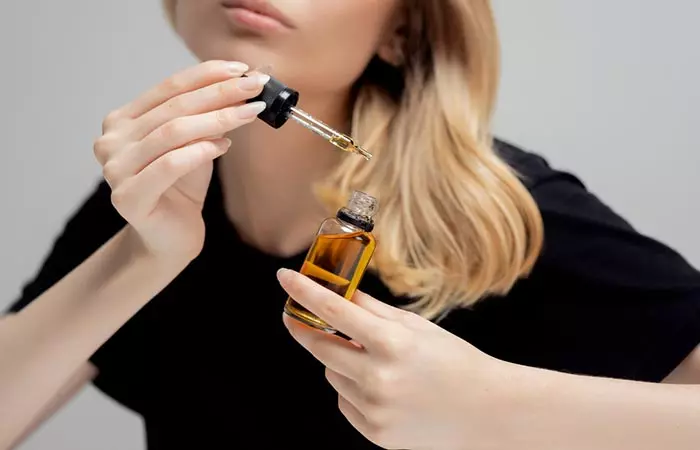
- Mix equal portions of Abyssinian and argan oils in a bottle.
- You may add five drops of vitamin E oil to this concoction for better hair nourishment.
- Shake the bottle and apply the blend to your hair.
 Quick Tip
Quick TipCompared to other hair oils, Abyssinian oil is extremely lightweight and has a non-greasy texture. It gets absorbed quickly into the hair strands, making it an excellent choice for dry and porous hair. In addition, the crop of Abyssinian oil does not require much water, making it an environment-friendly choice for maintaining hair health. It is loaded with vitamin E and essential fats that boost hair health, and keep your locks manageable and soft. If you have dry, damaged, and brittle hair, you may try using Abyssinian oil.
Frequently Asked Questions
Can Abyssinian oil be used on all hair types?
Yes! Abyssinian oil has versatile benefits and works well on all hair types, from straight to curly. Its lightweight texture makes it ideal for adding moisture and defining texture without weighing hair down.
Is Abyssinian oil suitable for sensitive skin?
Absolutely! Abyssinian oil is gentle and non-irritating, making it safe for sensitive skin. However, doing a patch test before use is always a good idea to detect any allergic reactions.
Is Abyssinian oil good for low porosity hair?
This hair oil contains high levels of erucic acid (6). This acid may protect your hair from dehydration by forming a strong layer. In addition, it helps restore moisture and protects your hair from further damage.
Is Abyssinian oil good for curly hair?
Yes. Abyssinian oil helps restore moisture and forms a lipid layer, which helps detangle your curly hair easily.
What does Abyssinian oil smell like?
Abyssinian oil has a very faint woody aroma.
Is Abyssinian oil a carrier oil?
Yes. Abyssinian oil is an ultra-light carrier oil, which can spread easily without a greasy feeling.
Illustration: What Are The Benefits of Abyssinian Oil?
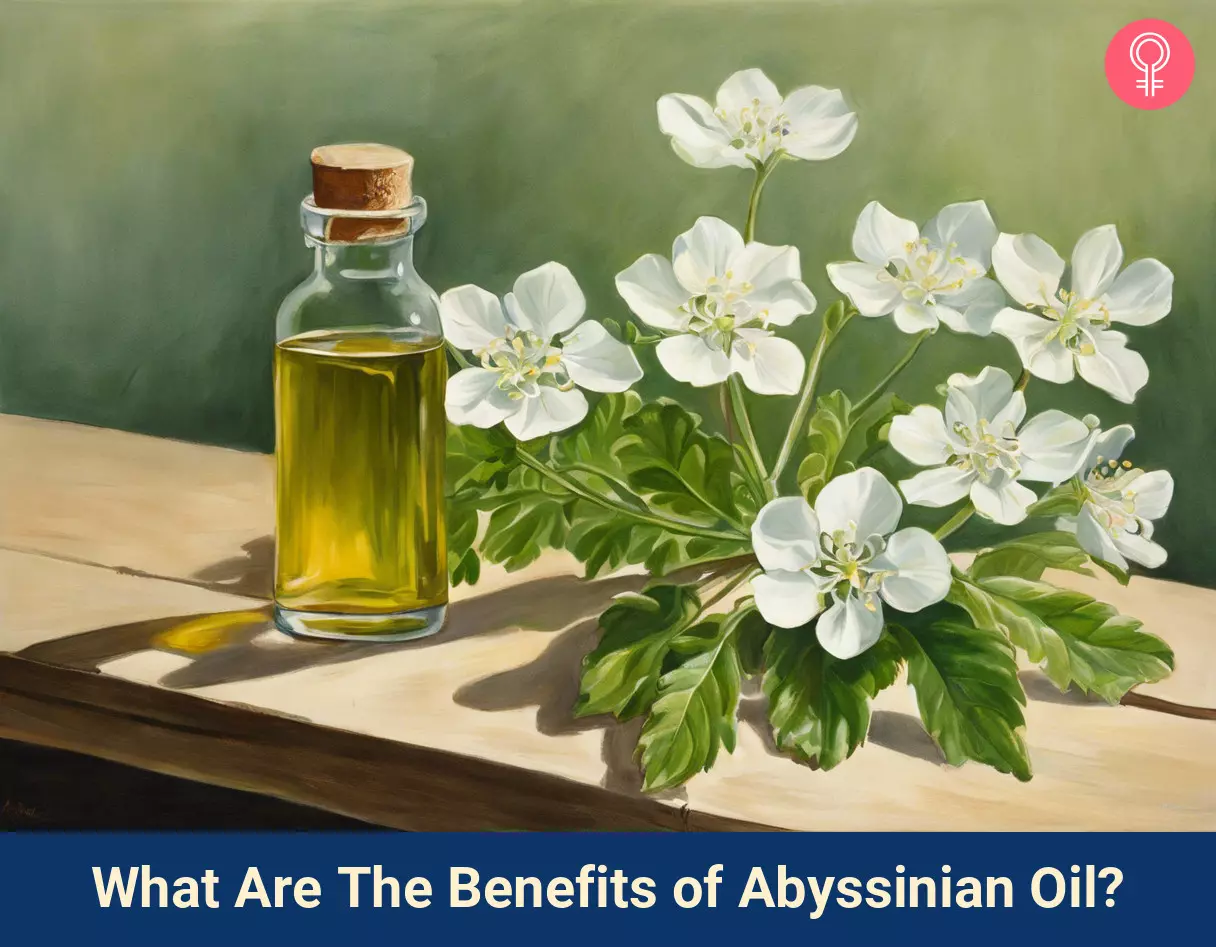
Image: Stable Diffusion/StyleCraze Design Team
Discover the amazing benefits of this natural oil and how it can help you achieve beautiful hair. Learn how to use Abyssinian oil to promote healthy hair growth and shine in the following video!
References
Articles on StyleCraze are backed by verified information from peer-reviewed and academic research papers, reputed organizations, research institutions, and medical associations to ensure accuracy and relevance. Read our editorial policy to learn more.
- Crambe (Crambe abyssinica)
https://www.sciencedirect.com/topics/agricultural-and-biological-sciences/crambe-abyssinica - Full Characterisation of Crambe abyssinica Hochst. Seed Oil
https://link.springer.com/article/10.1007/s11746-012-2122-y - On Hair Care Physicochemistry: From Structure and Degradation to Novel Biobased Conditioning Agents
https://www.ncbi.nlm.nih.gov/pmc/articles/PMC9921463/ - Activation of Hair Cell Growth Factors by Linoleic Acid in Malva verticillata Seed
https://www.ncbi.nlm.nih.gov/pmc/articles/PMC8067726/ - Hair Protective Effect of Argan Oil ( Argania spinosa Kernel Oil) and Cupuassu Butter ( Theobroma grandiflorum Seed Butter) Post Treatment with Hair Dye https://www.researchgate.net/publication/273687487_Hair_Protective_Effect_of_Argan_Oil_Argania_spinosa_Kernel_Oil_and_Cupuassu_Butter_Theobroma_grandiflorum_Seed_Butter_Post_Treatment_with_Hair_Dye
- Designing Lubricating Properties of Vegetable Base Oils
https://www.ncbi.nlm.nih.gov/pmc/articles/PMC6222737/
Read full bio of Dr. Shruti Chavan
Read full bio of Ramona Sinha
Read full bio of Eshna Das
Read full bio of Monomita Chakraborty





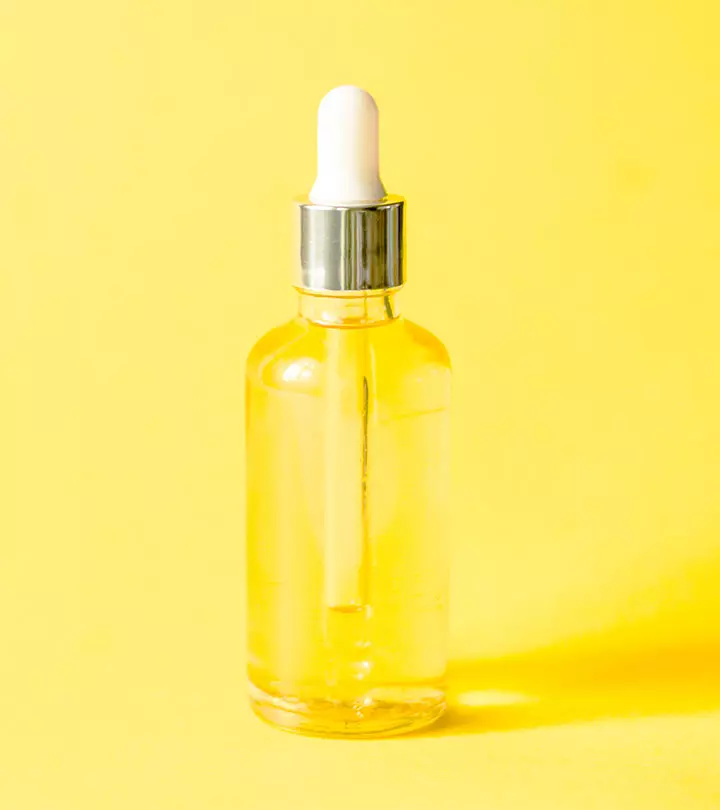
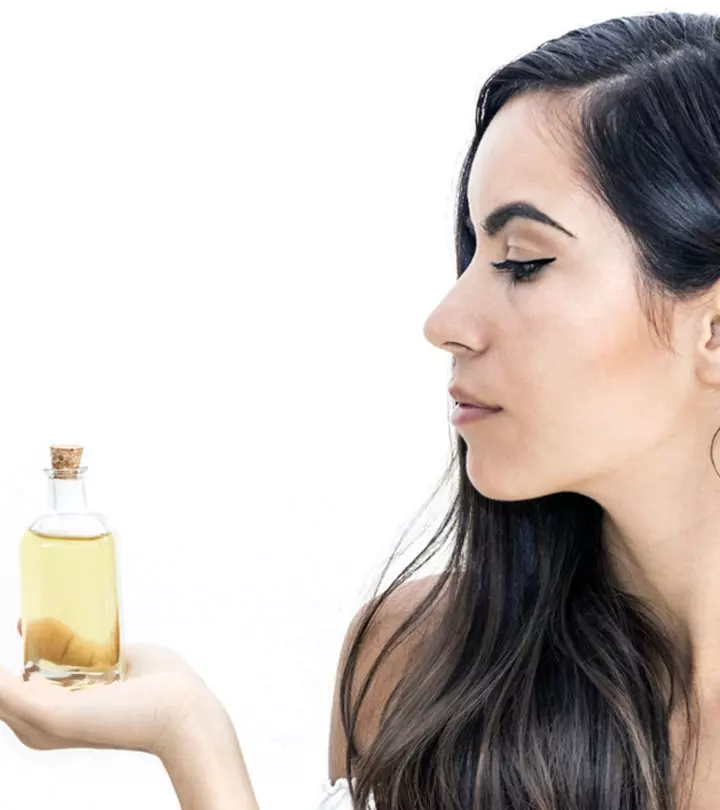
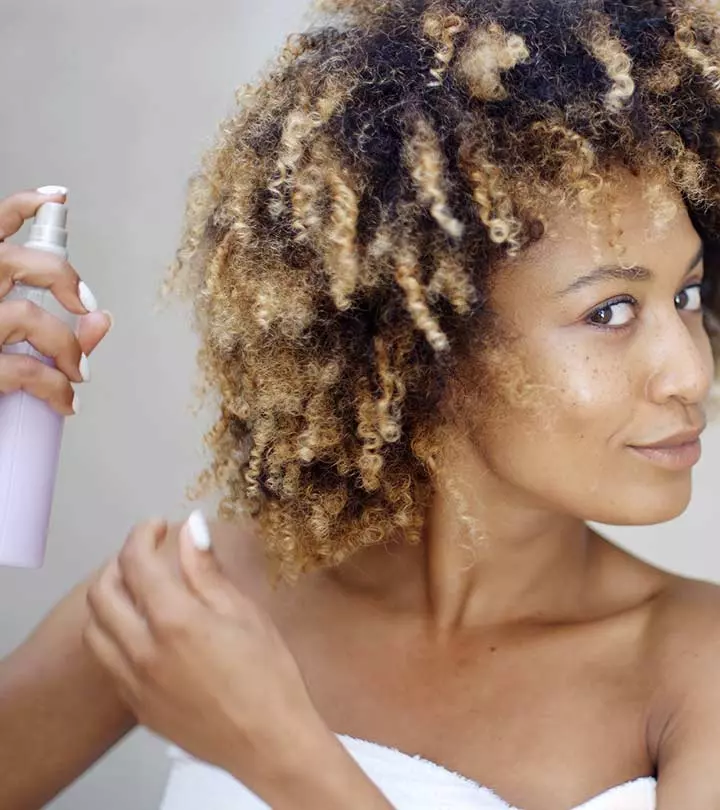
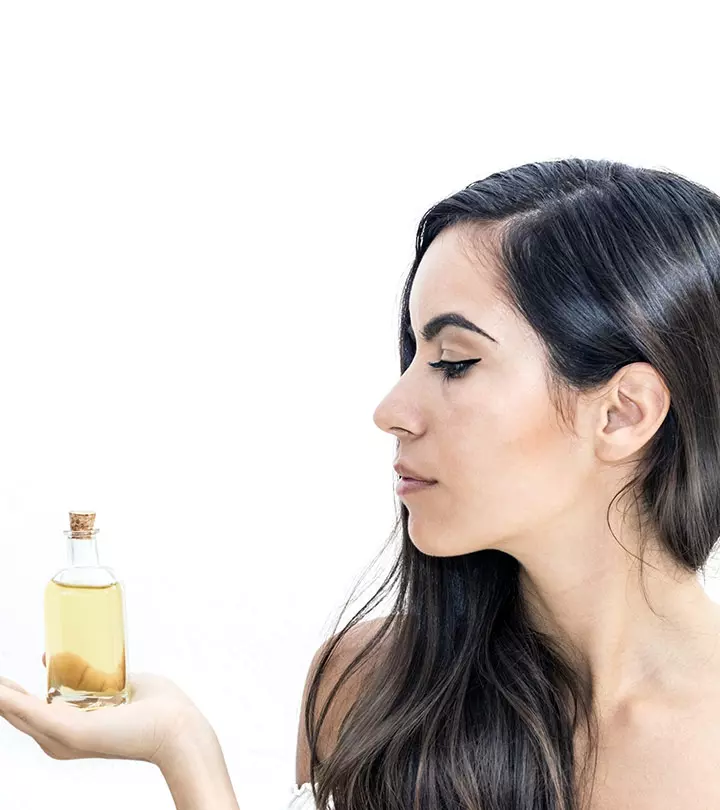
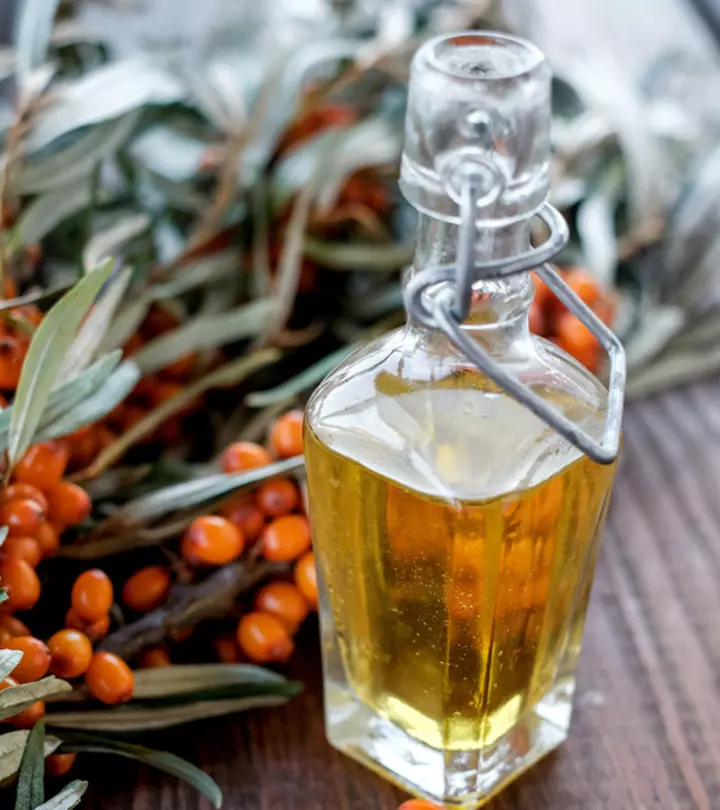
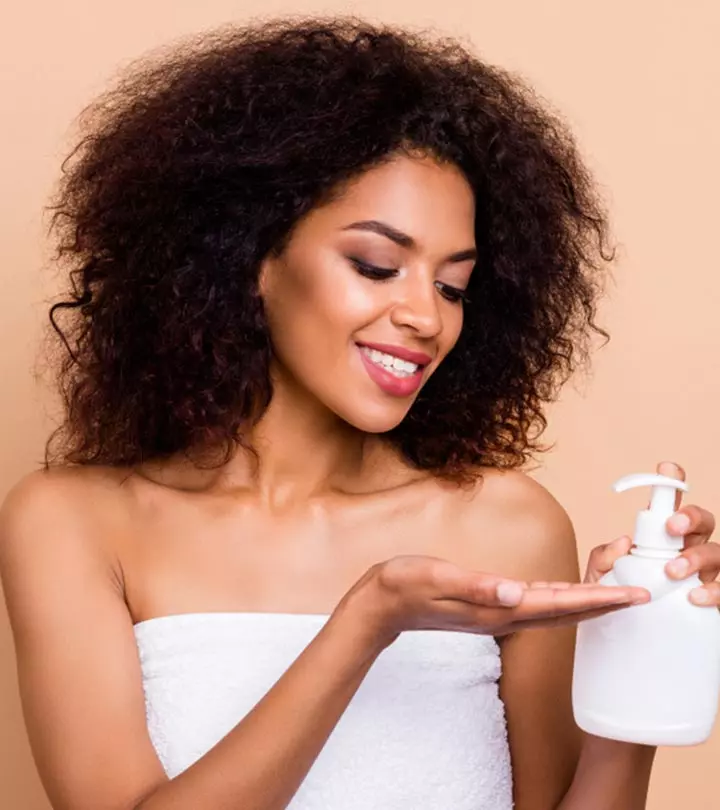
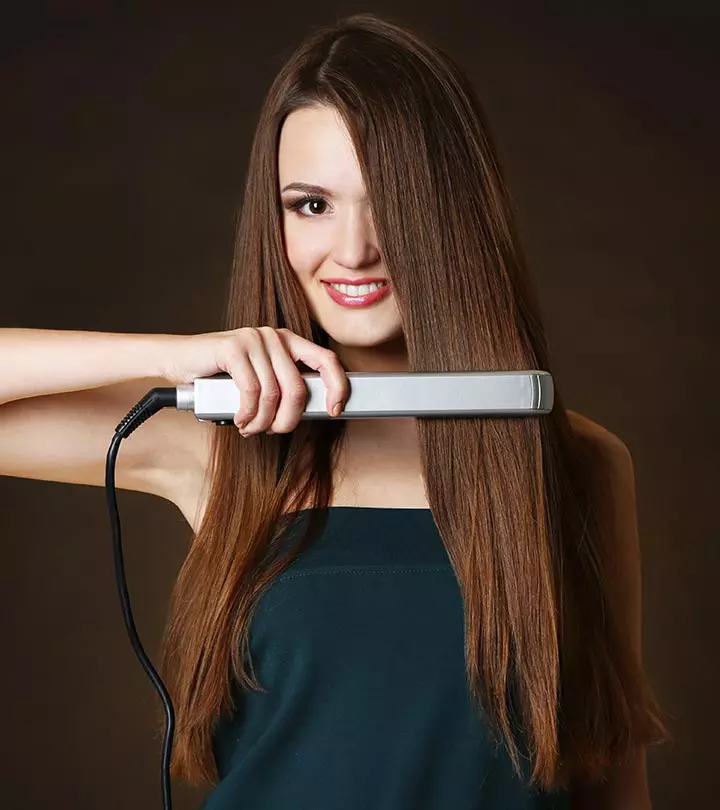
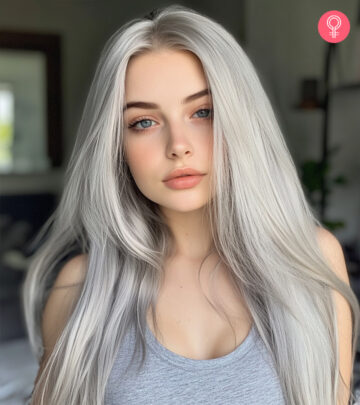
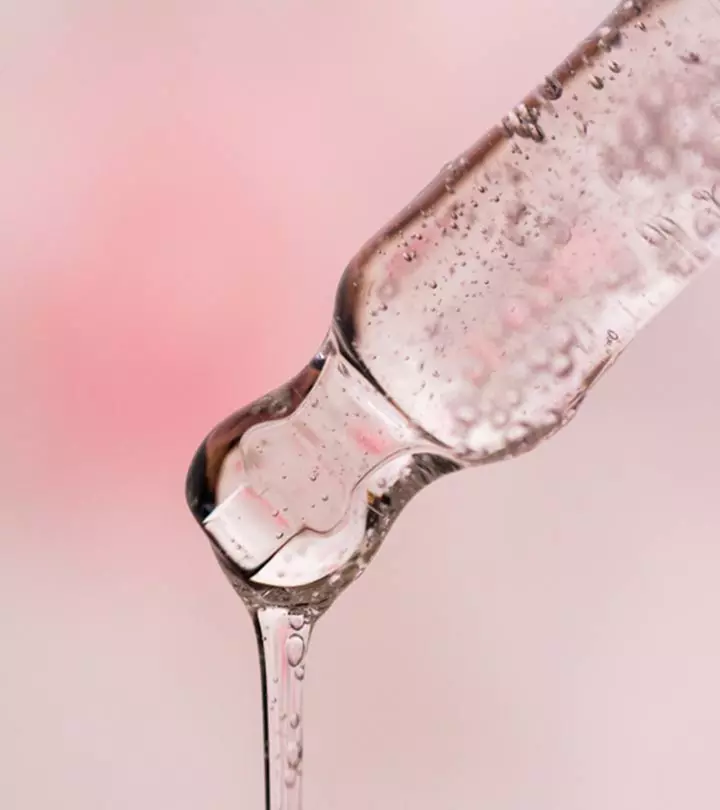

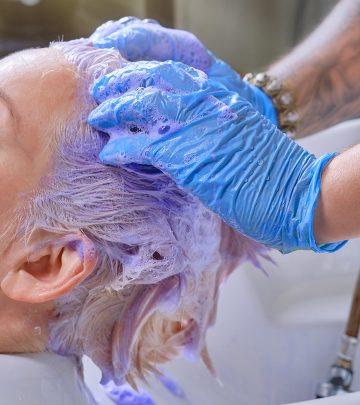


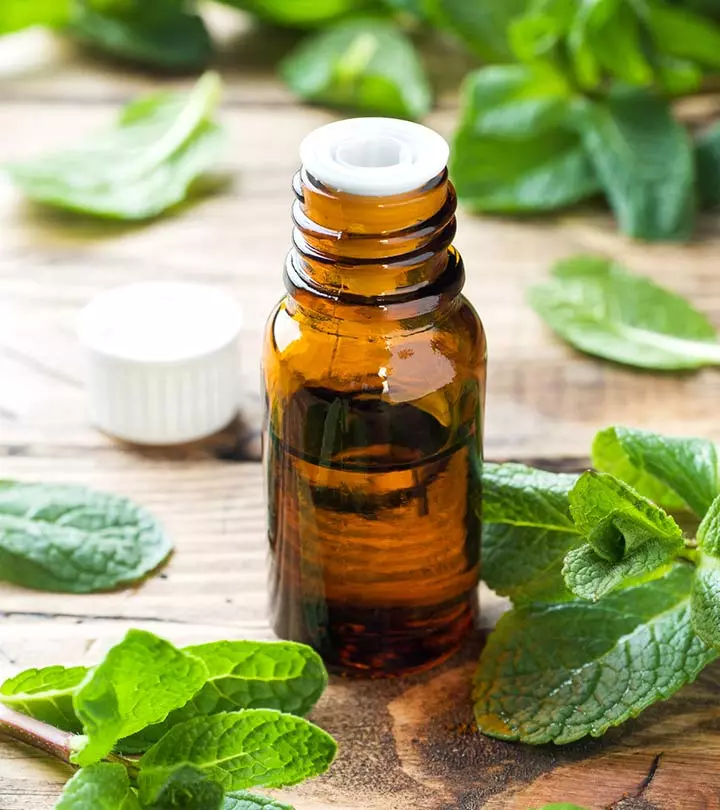

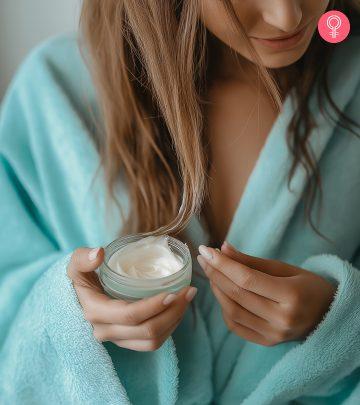
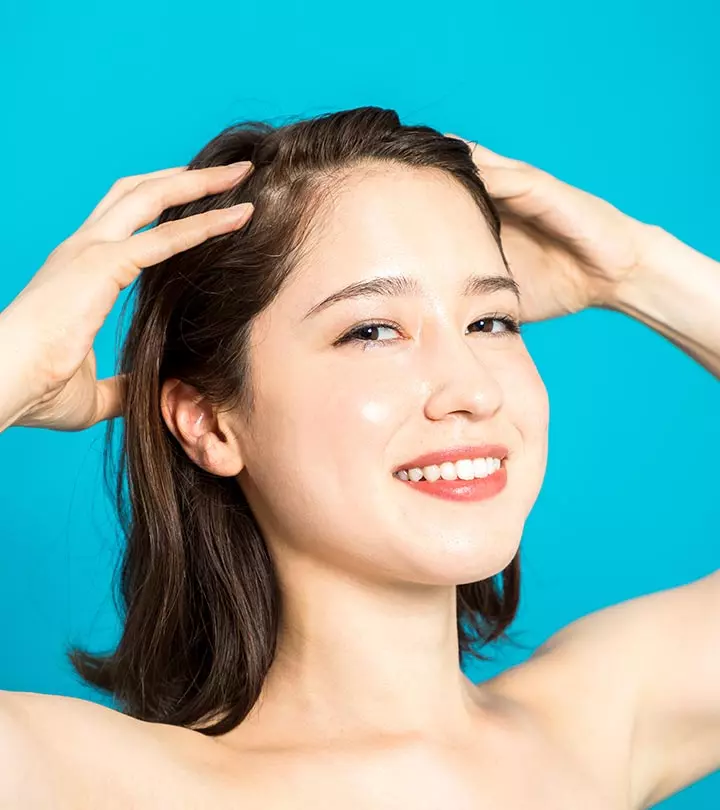
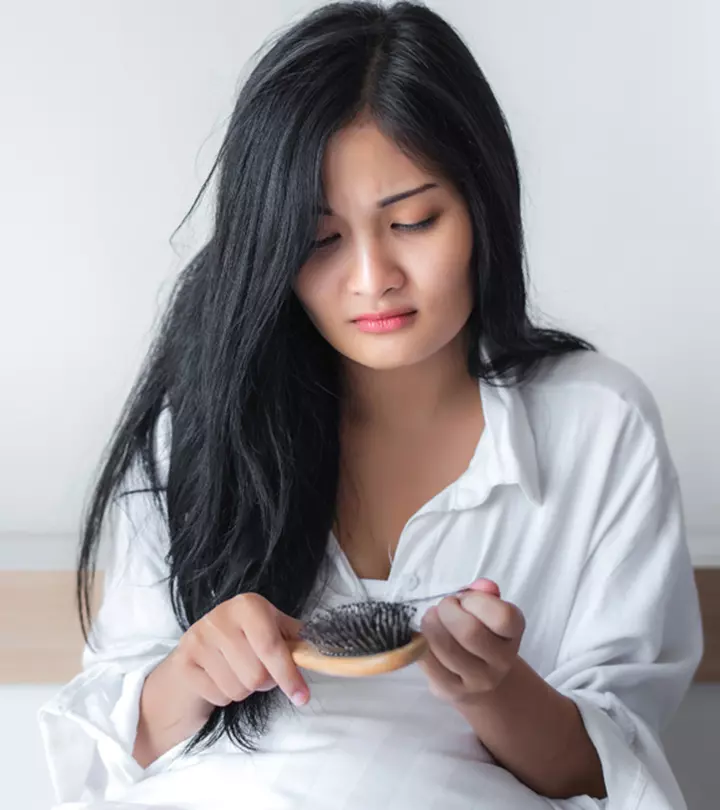

Community Experiences
Join the conversation and become a part of our empowering community! Share your stories, experiences, and insights to connect with other beauty, lifestyle, and health enthusiasts.